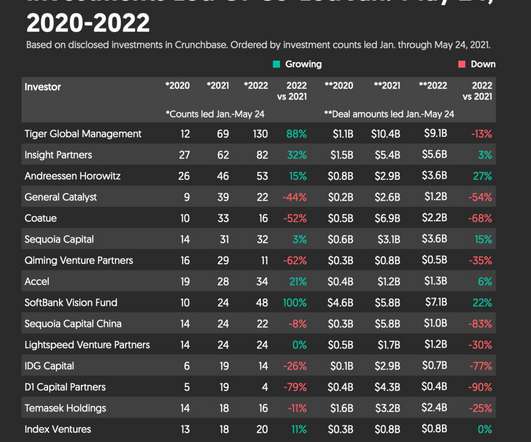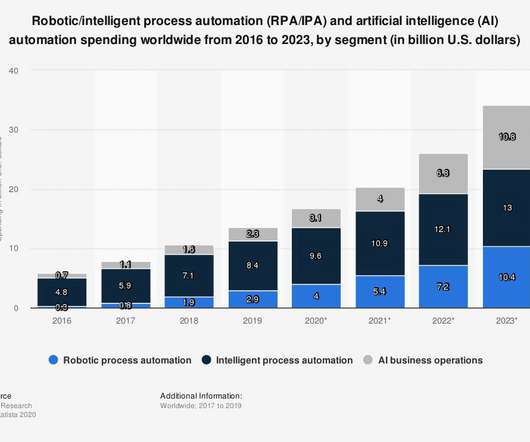Rules of Thumb Business Valuation Methods Explained
Up and Running
DECEMBER 16, 2021
In order to avoid formal valuation report costs, shareholders utilize benchmarks of the industry and rules of thumb to estimate the ballpark values of their interests. This article will cover all about the rule of thumb business valuation approaches, when to use them, and their pros and cons. Rules of thumb and business valuation.












































Let's personalize your content